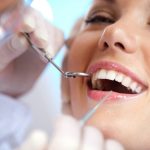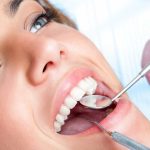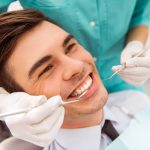Bad Breath After Wisdom Teeth Removal: How Long Does It Last?
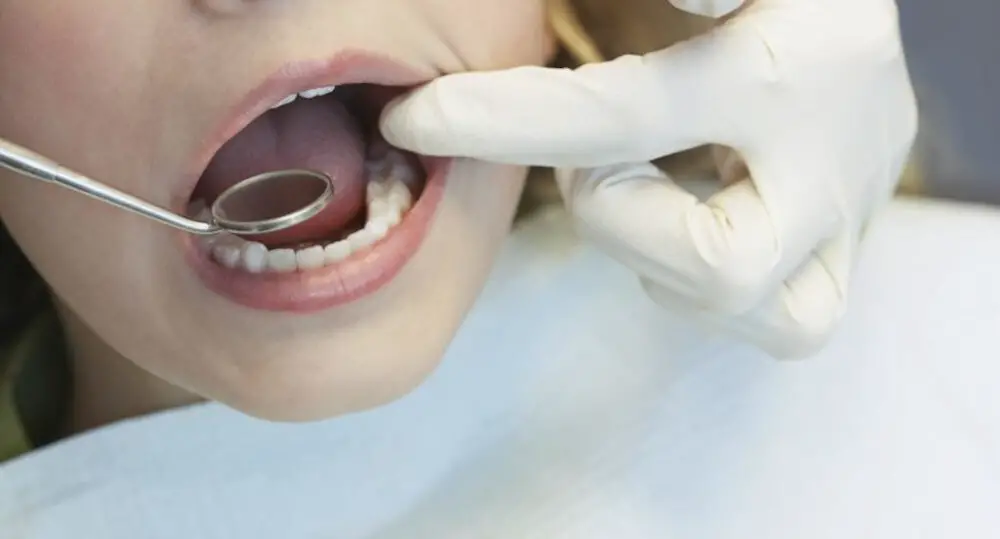
Bad breath, medically known as halitosis, can be an embarrassing and uncomfortable condition that affects people of all ages. One common cause of bad breath is wisdom teeth removal, which can leave an unpleasant taste and odor in the mouth. While many people will experience bad breath after wisdom teeth removal, the duration and intensity of this symptom can vary greatly from person to person. Understanding the causes of bad breath after wisdom teeth removal and how long it typically lasts can help you prepare for this common side effect and take steps to manage it effectively. Wisdom teeth removal is a common dental procedure that involves the extraction of one or more wisdom teeth, also known as third molars, located at the back of the mouth. This procedure is often necessary due to problems such as impaction, infection, or overcrowding, and can be performed under local or general anesthesia. While wisdom teeth removal is generally safe and routine, it can cause some discomfort and side effects, including bad breath. The cause of bad breath after wisdom teeth removal is due to the healing process of the extraction site, which can create a breeding ground for bacteria and produce an unpleasant odor.
Wisdom teeth removal is a common dental procedure that involves the extraction of the third molars located at the back of the mouth. These teeth usually erupt between the ages of 17 and 25, and in most cases, they cause problems such as overcrowding, impaction, and infection. The surgical removal of wisdom teeth is done under local anesthesia, and in some cases, sedation may also be used. The procedure involves making an incision in the gum tissue, removing any bone that may be blocking the tooth, and then extracting the tooth itself. Recovery time after the procedure varies, but patients are advised to avoid hard foods, smoking, and rigorous physical activity for a few days to promote healing.
Common side effects after wisdom teeth removal include pain, swelling, bruising, and difficulty opening the mouth. These symptoms typically last for a few days, but can persist for up to a week or more. Pain can be managed with over-the-counter pain medication or prescription drugs provided by the dentist. Swelling and bruising can be reduced with cold compresses or ice packs applied to the affected areas. Difficulty opening the mouth can be caused by stiffness in the jaw muscles and can be improved with gentle stretching exercises. In addition, bad breath is also a common side effect due to the accumulation of food particles and bacteria in the mouth. This can be managed with good oral hygiene practices, such as brushing and flossing regularly and using an antibacterial mouthwash.
Bad breath, also known as halitosis, can be an unfortunate side effect of wisdom teeth removal. It is caused by the accumulation of bacteria in the mouth, which can lead to an unpleasant odor. This can be exacerbated by the fact that it is difficult to brush and floss properly after the surgery, and the healing process can create pockets of food and debris that can contribute to the problem. While bad breath after wisdom teeth removal is common, it usually only lasts for a few days to a week. However, it is important to maintain good oral hygiene during the recovery period to minimize the risk of infection and promote healing. This includes gently brushing and rinsing with salt water, avoiding problematic foods, and following any additional instructions provided by your dentist or oral surgeon.
What Causes Bad Breath After Wisdom Teeth Removal?
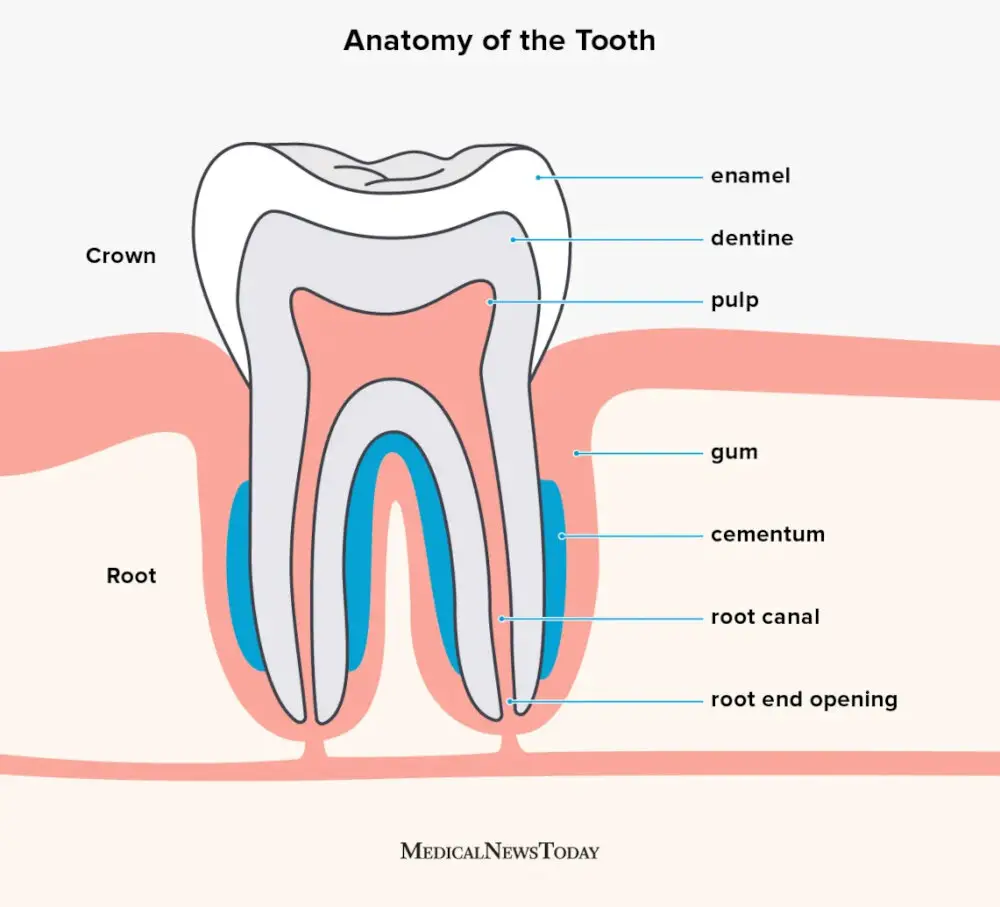
Bad breath after wisdom teeth removal is a common occurrence that can last for several days. The extraction of wisdom teeth involves the removal of teeth from the back of the mouth, which can cause the area to become infected or inflamed. This inflammation can lead to the development of bacteria in the mouth, which can cause bad breath. Additionally, the use of anesthesia during the procedure can also contribute to dry mouth, which can further exacerbate bad breath. One of the most significant factors that contribute to bad breath after wisdom teeth removal is poor oral hygiene. After the procedure, it is essential to maintain proper oral hygiene to prevent the buildup of bacteria in the mouth. This includes brushing and flossing regularly and using an antiseptic mouthwash to kill bacteria. Additionally, it is crucial to avoid smoking or consuming alcohol, as these substances can further irritate the area and contribute to bad breath. By taking these steps, individuals can reduce the likelihood of experiencing bad breath after wisdom teeth removal and promote faster healing.
The healing process after wisdom teeth removal can vary depending on the individual’s health and the complexity of the extraction. Initially, the body’s natural response is to stop the bleeding and form a clot in the socket. Over the next few days, inflammation and swelling may occur, but this is a normal part of the healing process. As the body begins to repair the tissues, new bone and gum tissue will grow to fill the socket. This process can take several weeks to several months, and during this time, it’s important to follow the dentist’s instructions for proper care to prevent infection and promote healing. While bad breath can be a temporary side effect of the healing process, it should improve over time as the tissues heal and the mouth returns to its normal state.
Bacteria play a crucial role in the oral environment, both good and bad. While some types of bacteria are beneficial and help keep the mouth healthy, others can cause bad breath, tooth decay, and gum disease. After wisdom teeth removal, the mouth is particularly vulnerable to bacterial growth, as the extraction site provides a warm, moist environment ideal for bacterial colonization. Without proper oral hygiene, bacteria can quickly multiply and release foul-smelling gases that cause bad breath. It is important to maintain good oral hygiene habits, such as gentle brushing and rinsing with salt water, to keep bacteria in check and prevent bad breath after wisdom teeth removal.
The impact of food and drink on our oral health cannot be overstated. After wisdom teeth removal, it is important to be mindful of what we consume in order to prevent bad breath and other complications. Certain foods like garlic and onions can leave a lingering odor in the mouth, while sugary drinks can lead to bacterial growth and tooth decay. On the other hand, foods rich in antioxidants and vitamins can help promote healing and reduce inflammation. It is crucial to follow the post-operative instructions provided by your dentist and avoid consuming hard, crunchy, and spicy foods until the healing process is complete. By making conscious choices about what we eat and drink, we can ensure optimal oral health and avoid unpleasant side effects like bad breath.
How Long Can You Expect Bad Breath to Last?
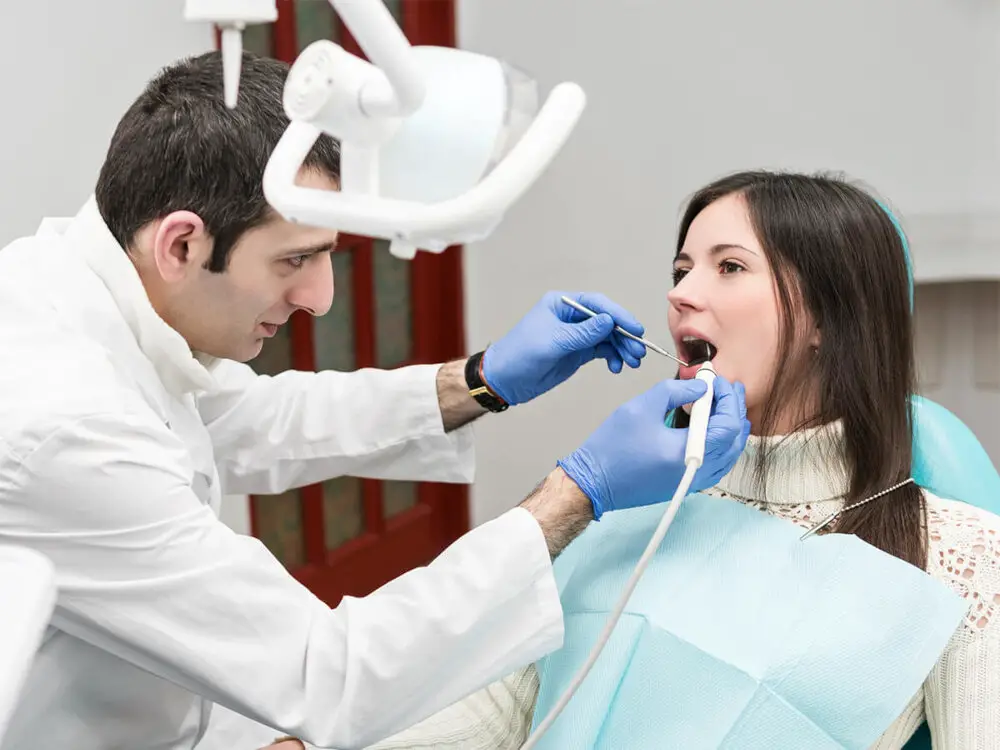
Bad breath, also known as halitosis, is a common problem that affects millions of people worldwide. It can be caused by a variety of factors, including poor oral hygiene, certain foods, and underlying medical conditions. If you’ve recently had your wisdom teeth removed, you may be wondering how long you can expect bad breath to last. In most cases, bad breath after wisdom teeth removal is temporary and should subside within a few days to a week. The reason for bad breath after wisdom teeth removal is due to the formation of blood clots in the extraction sites. These blood clots can release a foul-smelling odor as they break down, leading to bad breath. Additionally, the use of antibiotics and pain medication after the procedure can also contribute to bad breath. However, as the extraction sites heal and the blood clots dissolve, the bad breath should gradually disappear. If you’re concerned about persistent bad breath after wisdom teeth removal or notice any unusual symptoms, it’s important to contact your dentist or oral surgeon for advice.
The healing timeline for wisdom teeth removal can vary from person to person, but typically it takes about one to two weeks for the gums to fully heal. During the first few days, patients may experience pain, swelling, and bleeding, but these symptoms should gradually subside. It’s important to follow post-operative instructions carefully, including taking pain medication and using ice packs to reduce swelling. Patients should also avoid strenuous activity, smoking, and consuming hot or hard foods for a few days after the surgery. In some cases, bad breath may persist for several days until the area has fully healed. Regular brushing and flossing can help to alleviate this symptom.
Bad breath, also known as halitosis, can occur at any time, but it is more likely to happen after certain activities or situations. For example, bad breath is commonly experienced after eating foods with strong odors such as garlic and onions. Additionally, poor dental hygiene can cause bad breath, as bacteria build up in the mouth and produce foul-smelling gases. Smoking and alcohol consumption can also lead to bad breath. In some cases, bad breath can occur after a medical condition, such as dry mouth or sinus infection. After wisdom teeth removal, bad breath is expected due to the surgical site and the buildup of bacteria in the mouth during the healing process.
Bad breath after wisdom teeth removal is a common issue. It occurs due to the presence of bacteria in the mouth, which causes an unpleasant odor. However, the duration of bad breath differs from person to person. Generally, bad breath should disappear within a week or two after wisdom teeth removal. It is because the healing process takes time, and the mouth needs time to recover from the surgery. During this period, it is essential to maintain good oral hygiene, such as brushing and flossing regularly, using a mouthwash, and avoiding spicy and acidic foods. If bad breath persists for longer than two weeks, it is advisable to consult a dentist for proper diagnosis and treatment.
How Can You Manage Bad Breath After Wisdom Teeth Removal?
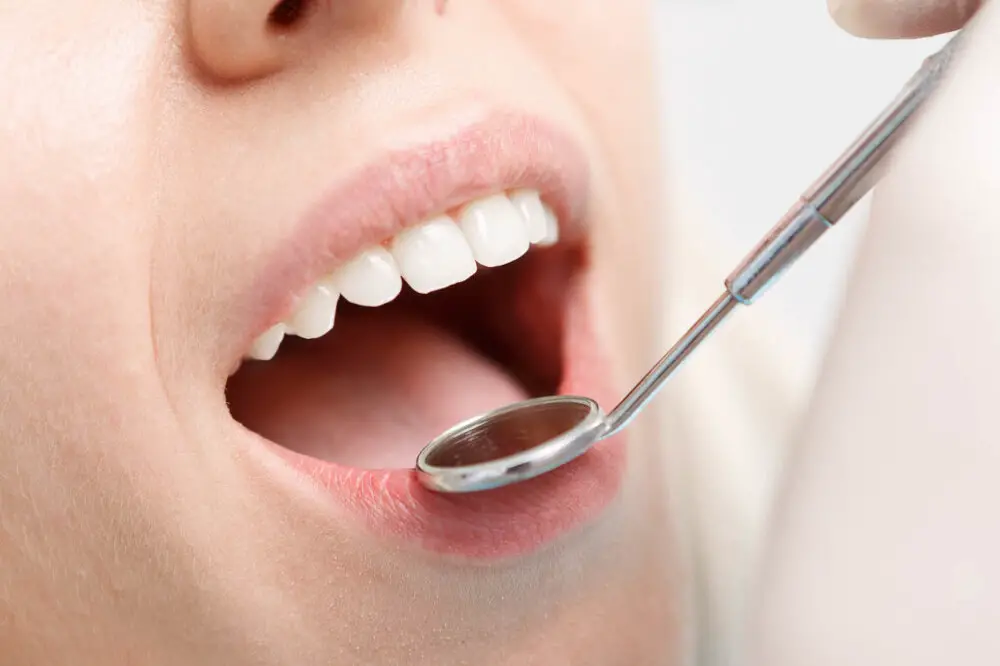
Bad breath after wisdom teeth removal is a common occurrence for many people. It can be caused by a variety of factors such as poor oral hygiene, bacteria buildup, or the use of medications during the healing process. While it is not a serious condition, it can be uncomfortable and embarrassing. Fortunately, there are several ways to manage bad breath after wisdom teeth removal. One of the most important things you can do is to maintain good oral hygiene. Brushing your teeth twice a day and flossing regularly can help remove bacteria and food particles that may be causing the odor. You can also use a mouthwash to freshen your breath and kill any remaining bacteria. Another way to manage bad breath after wisdom teeth removal is to drink plenty of water. This can help flush out any remaining food particles and bacteria that may be causing the odor. Additionally, avoiding foods that are spicy, acidic, or high in sugar can also help prevent bad breath. Instead, opt for foods that are high in water content such as fruits and vegetables. Finally, if your bad breath persists, it may be a sign of an infection or other complication. In this case, it is important to consult with your dentist or oral surgeon to determine the cause of the problem and develop an appropriate treatment plan.
Maintaining good oral hygiene is crucial for overall health and can help prevent bad breath after wisdom teeth removal. Brushing twice a day with fluoride toothpaste, flossing daily, and using mouthwash can help remove food particles and bacteria that can cause bad breath. It’s also important to replace your toothbrush every three to four months and to avoid tobacco products, sugary foods, and drinks. Regular visits to the dentist for cleanings and checkups can also help identify any dental issues and ensure proper oral hygiene practices are being followed. By following these tips, you can maintain good oral hygiene and prevent bad breath after wisdom teeth removal.
Mouthwash and rinses are effective aids in maintaining good oral hygiene and preventing bad breath after wisdom teeth removal. Antimicrobial mouthwash with active ingredients such as chlorhexidine and cetylpyridinium chloride can kill bacteria and reduce plaque buildup in the mouth. Meanwhile, fluoride rinses can help strengthen teeth and prevent decay. It is important to note, however, that excessive or prolonged use of mouthwash can disrupt the balance of bacteria in the mouth and cause dry mouth, which can actually worsen bad breath. Therefore, it is recommended to use mouthwash and rinses as directed by a dental professional and to also follow proper brushing and flossing techniques for optimal oral health.
Dietary changes are an essential aspect of post-operative care after wisdom teeth removal surgery. It is recommended to avoid hot and spicy foods, crunchy or hard foods, and acidic beverages, including alcohol and carbonated drinks, for at least a week after the procedure. Soft and easy-to-eat foods like soups, smoothies, and mashed potatoes are ideal choices to promote healing and reduce discomfort. Additionally, it is essential to drink plenty of water and avoid using straws or smoking, which can dislodge blood clots and delay the healing process. By following these dietary guidelines, patients can ensure a faster and more comfortable recovery after wisdom teeth extraction.
In summary, bad breath after wisdom teeth removal is a common occurrence that can last for a few days up to a week. The cause of bad breath is due to the buildup of bacteria and food particles in the mouth, especially in the area where the wisdom teeth were removed. To prevent bad breath, it is important to maintain good oral hygiene by brushing and flossing regularly and rinsing with salt water solution. Avoiding certain foods and drinks such as alcohol, coffee, and spicy foods can also help. If bad breath persists beyond a week or is accompanied by other symptoms such as fever or severe pain, it is important to consult a dentist or oral surgeon to rule out any potential complications.
Bad breath, also known as halitosis, can be a common occurrence after wisdom teeth removal, and it is nothing to be worried about. The removal of wisdom teeth is a surgical procedure that involves incisions and sutures, which can lead to the accumulation of bacteria and debris in the mouth. This buildup can result in a foul odor, which is often temporary and can be easily treated with good oral hygiene practices such as regular brushing and flossing. It is important to note that bad breath after wisdom teeth removal is a natural part of the healing process, and it should resolve in a few days to a week. If the bad breath persists beyond this timeframe, it is recommended to consult with a dental professional for further evaluation and treatment.
It is essential to understand that bad breath after wisdom teeth removal is a common occurrence, but if it persists for an extended period, seeking professional help is necessary. Consulting a dentist can help to identify the underlying cause and provide appropriate treatment. Additionally, bad breath can be a symptom of an infection, which requires immediate medical attention to prevent further complications. While home remedies can provide temporary relief, it is crucial to seek professional help for a long-term solution. Don’t hesitate to consult a dentist if bad breath persists after wisdom teeth removal. Your oral health is essential, and seeking help can prevent potential complications.
Conclusion
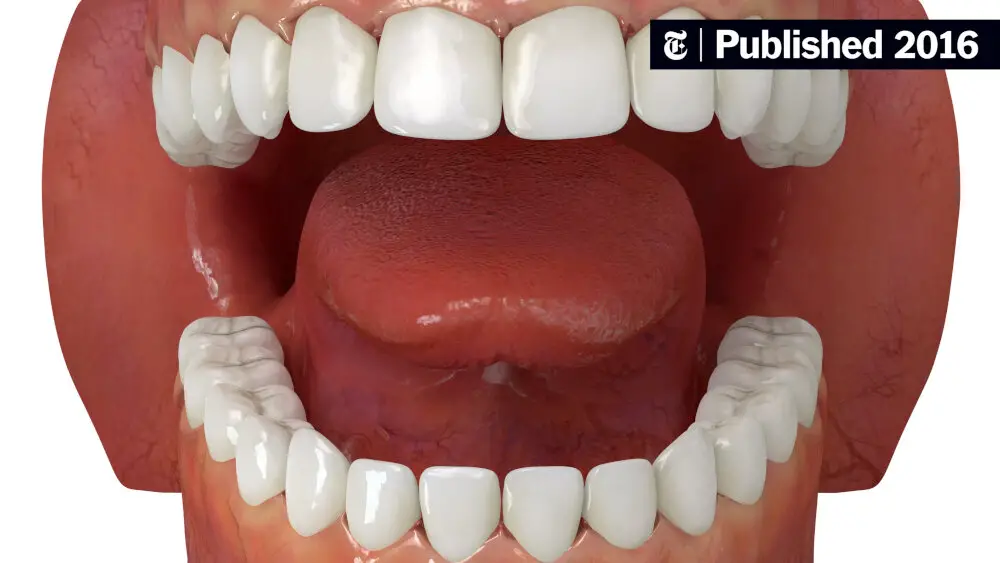
In conclusion, bad breath after wisdom teeth removal is a common side effect that can last for up to two weeks. However, it is important to note that there are ways to alleviate the issue and promote faster healing. Maintaining good oral hygiene practices, such as gently brushing the teeth and tongue, using mouthwash, and staying hydrated, can all help to reduce bad breath and promote healing. Additionally, avoiding certain foods and activities, such as smoking and drinking alcohol, can also help to speed up the healing process. While bad breath can be a nuisance, it is a temporary issue that should resolve on its own with proper care and attention.

